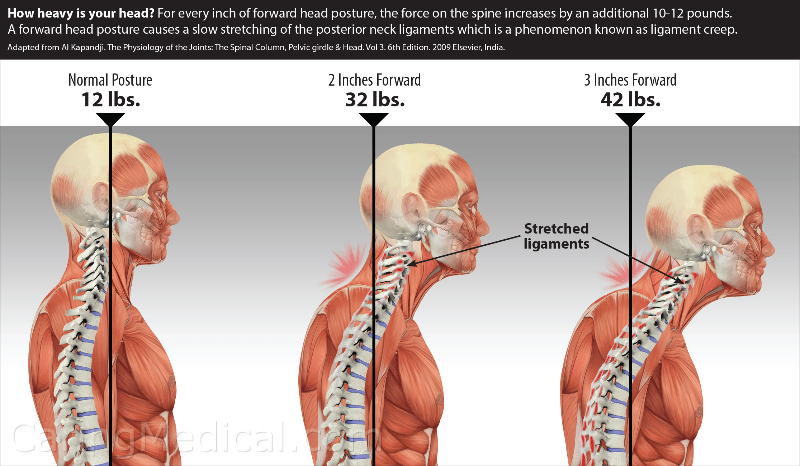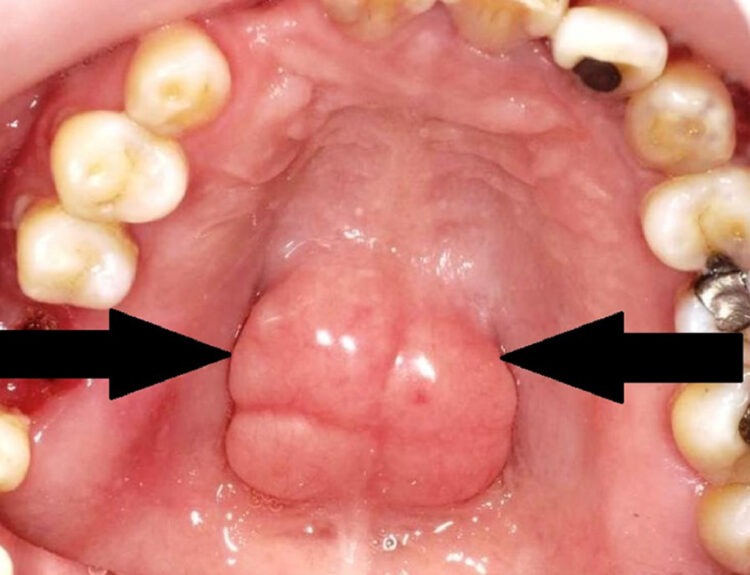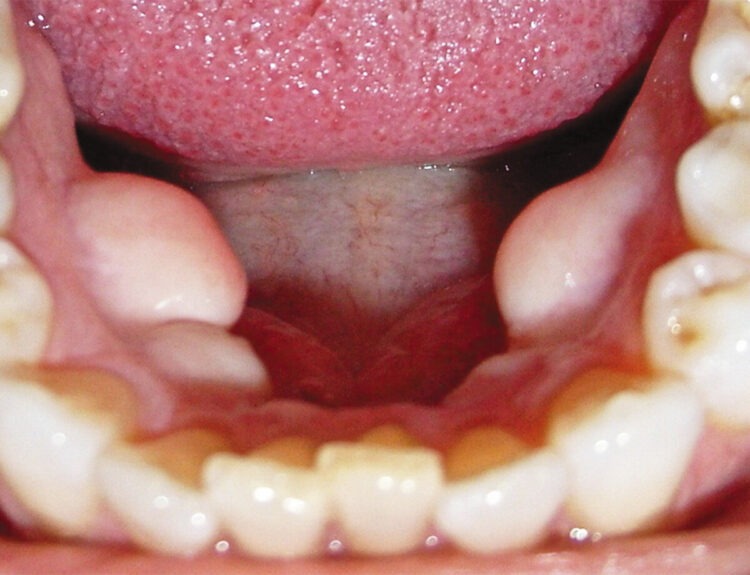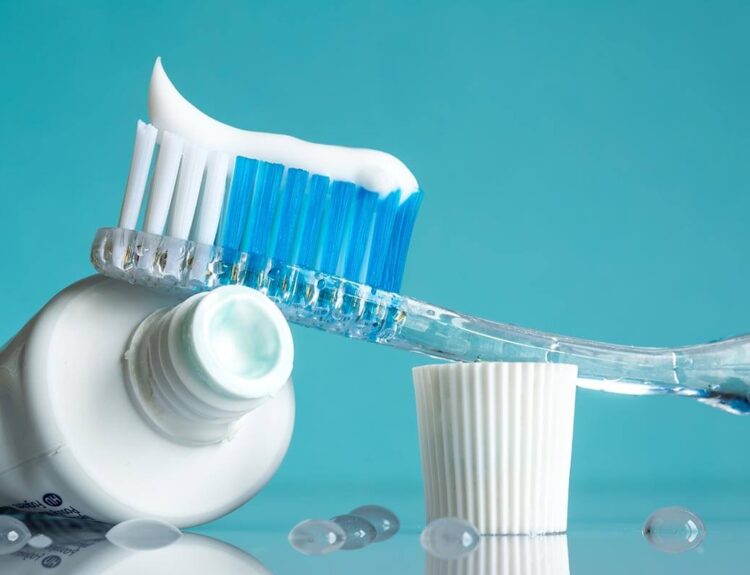Inappropriate posture of an individual may cause Bruxism. It is a condition in which an individual grinds or clenches his/her teeth during sleep. Its signs and symptoms include
- Worn-down teeth
- Jaw pain, especially in the morning
- Facial pain
- Headaches
- Earaches
- Teeth sensitivity
- Jaw joint (TMJ) disorders
Inappropriate posture, particularly poor configuration of the head, neck, and shoulders, contributes to bruxism for the following reasons:
Muscle Imbalance & Strain
Inappropriate posture, such as a forward head position or drooping, puts excessive strain on the neck, shoulders, and jaw muscles. This tension can also lead to involuntary clenching and grinding as the body tries to stabilize the jaw.
- Temporomandibular Joint (TMJ) Dysfunction
Misalignment in the spine and neck can alter the position of the TMJ, leading to dysfunction. TMJ issues are closely linked to bruxism, as the jaw muscles overwork to compensate for the misalignment. - Nervous System Overactivity
Postural problems can significantly increase stress on the nervous system, activating the sympathetic nervous system (fight-or-flight response). Chronic stress is a major trigger for Bruxism. - Compromised Airway & Breathing Patterns
Poor posture, especially a forward head posture, can restrict airflow and contribute to sleep-disordered breathing, such as sleep apnea. When the airway is compromised, the body may respond by grinding the teeth to reopen the airway.
How to Improve Posture & Reduce Bruxism:
- Maintain Proper Head & Neck Alignment: Keep ears aligned with shoulders to reduce strain.
- Strengthen Neck & Back Muscles: Exercises like chin tucks and scapular retractions can help.
- Use Ergonomic Workstations: Ensure screens of your PC as well as TV are at eye level and chairs provide lumbar support.
- Practice Jaw Relaxation: Awareness of jaw position and relaxation techniques can reduce clenching.
- Stretch & Massage: Regularly stretching neck muscles and massaging the jaw can relieve tension.
- Incorporate Regular Movement Breaks: Take breaks from sitting or standing in one position for too long.
- Prioritize Quality Sleep: Get a good night sleep as it significantly help the situation.
Medical Disclaimer: The information provided in this article is for educational and informational purposes only and is not intended as a substitute for professional medical, dental, or healthcare advice, diagnosis, or treatment. Always consult a qualified dentist or healthcare professional for personalized advice regarding your oral health or any medical concerns. This site does not provide medical advice or services.
Read our full disclaimer.
Read our full disclaimer.




